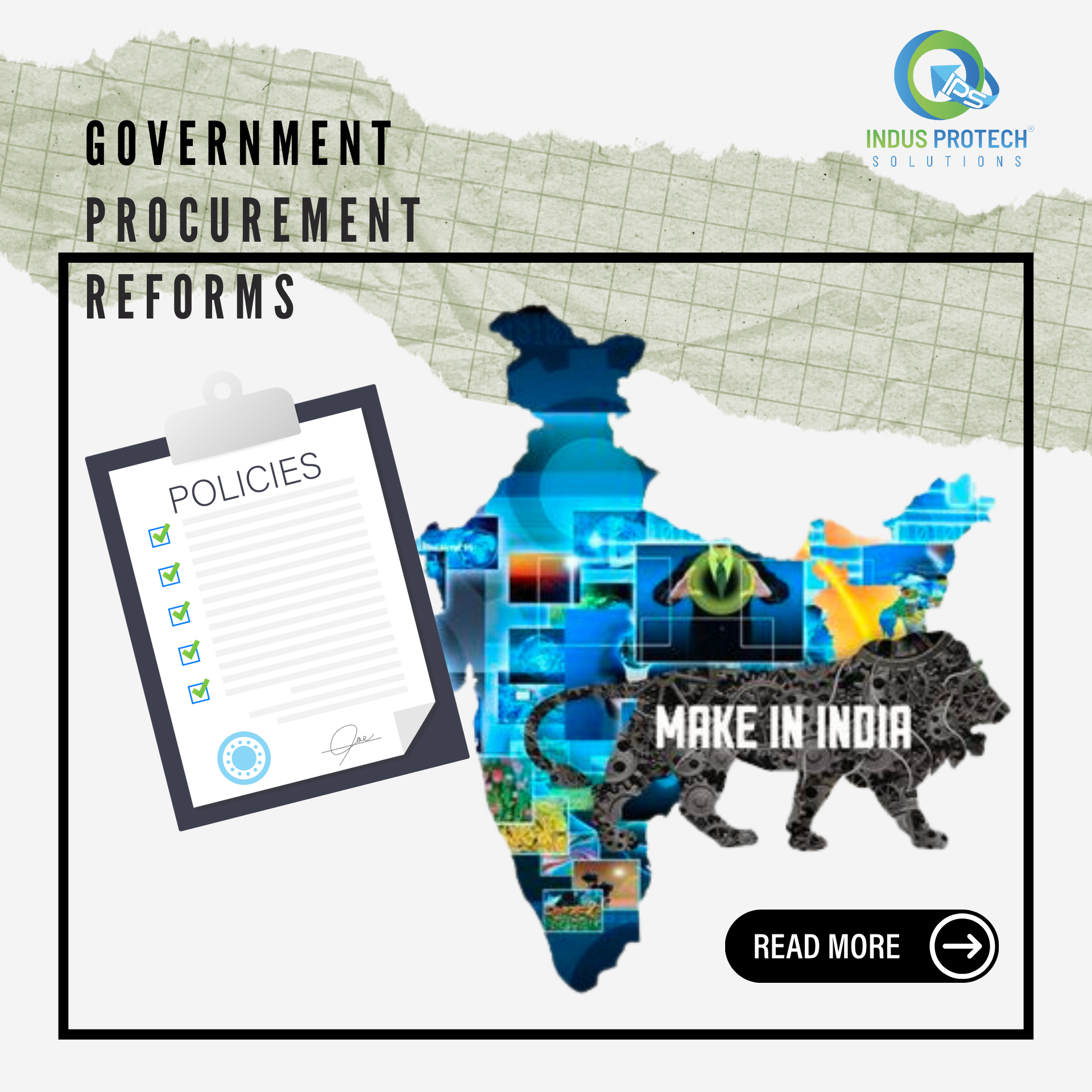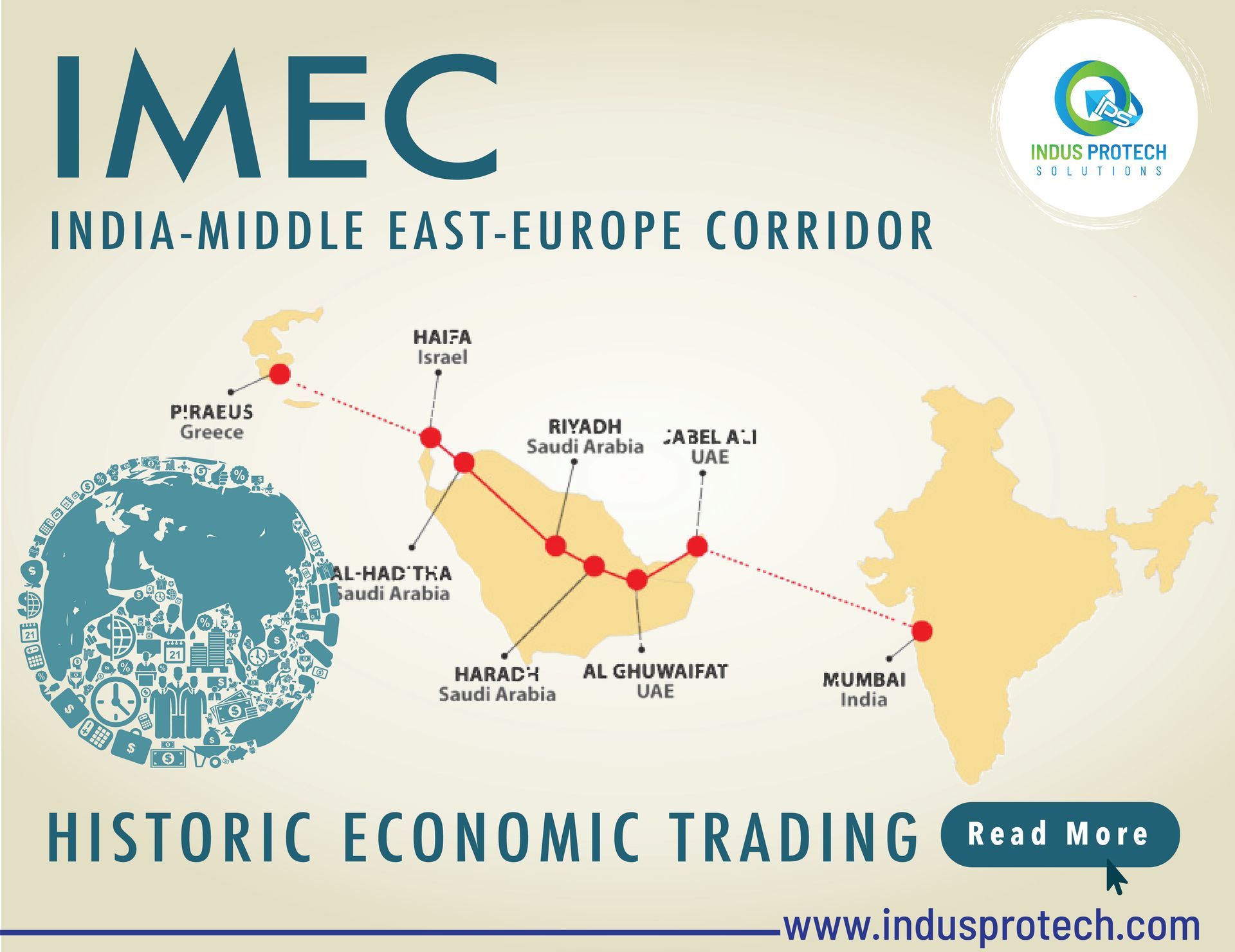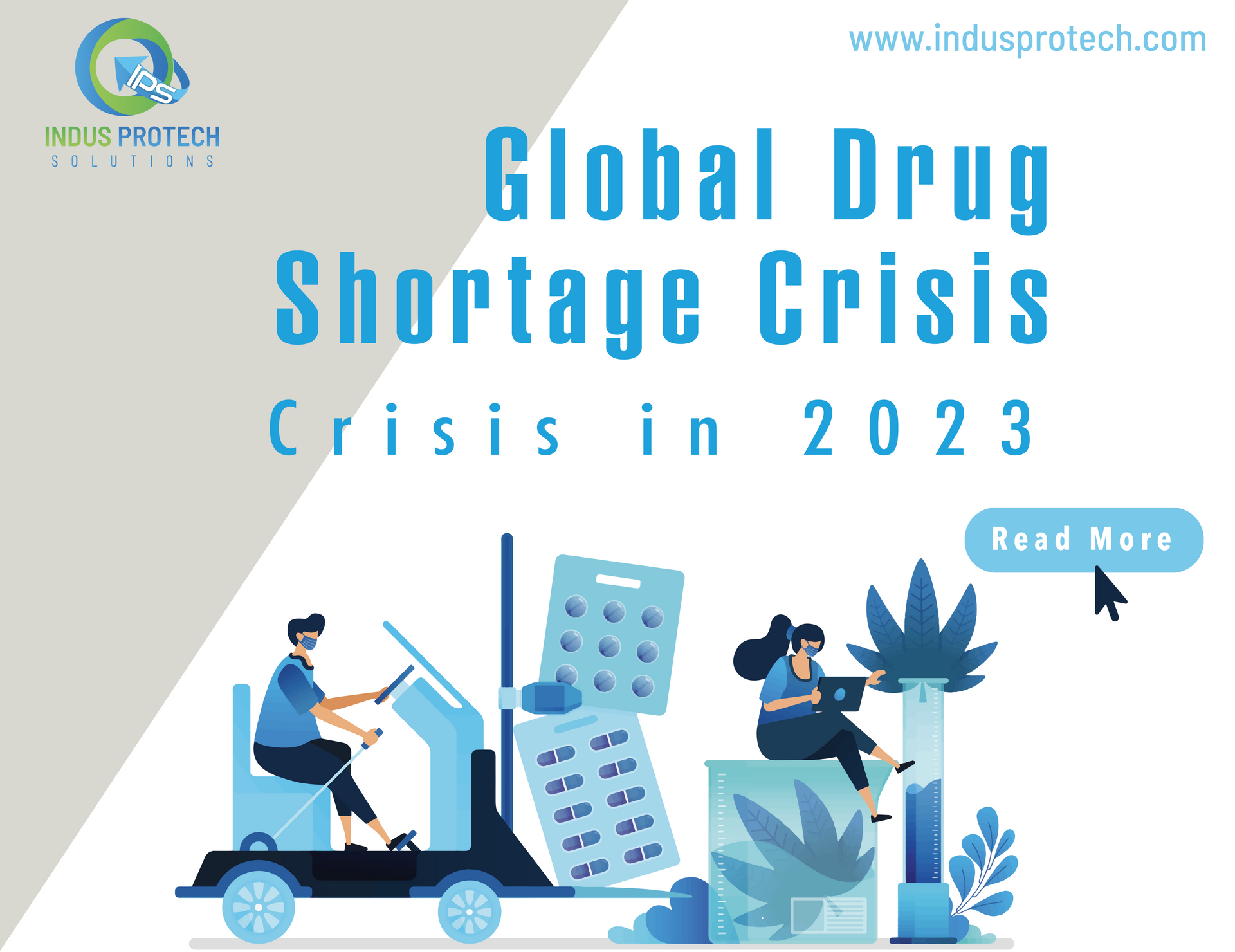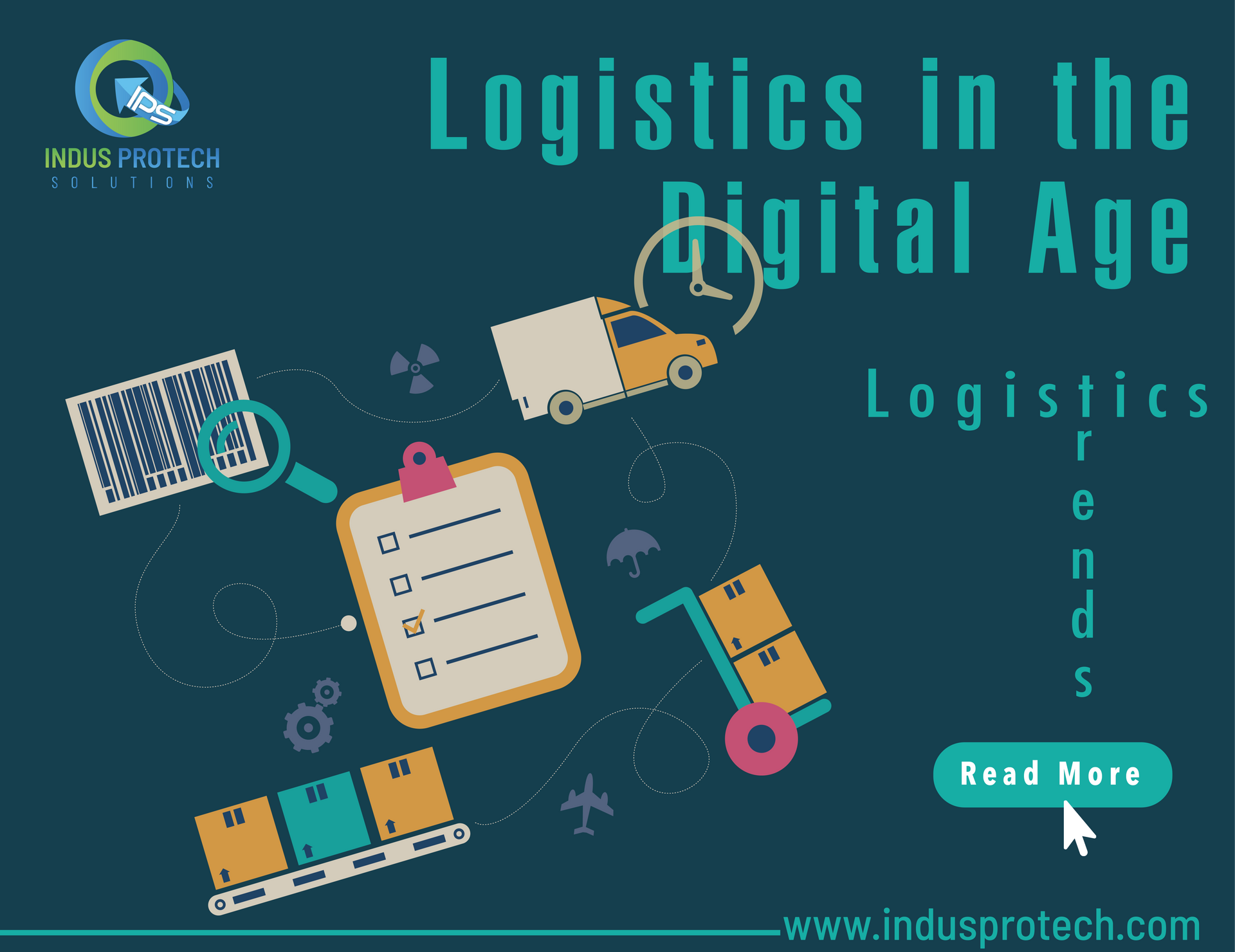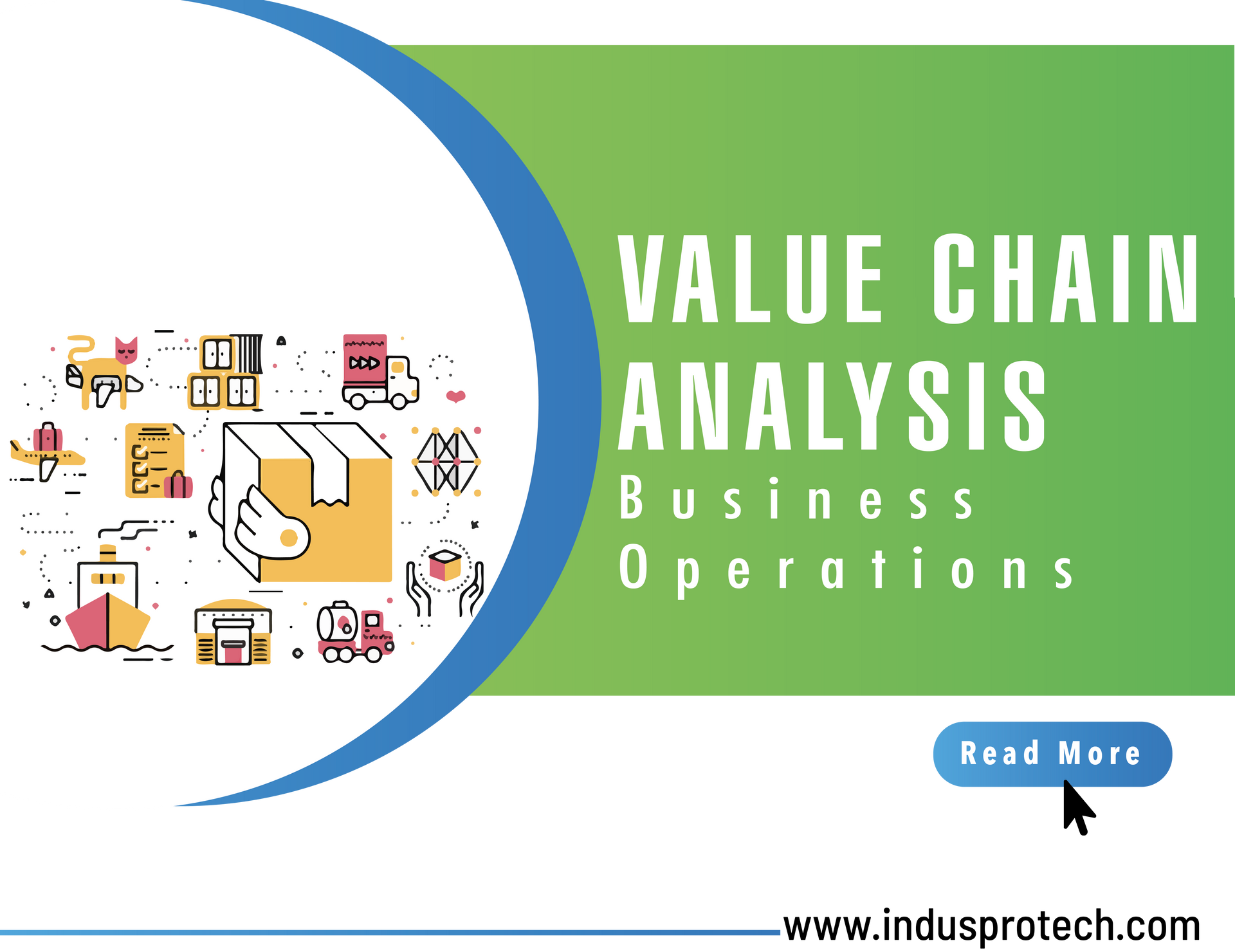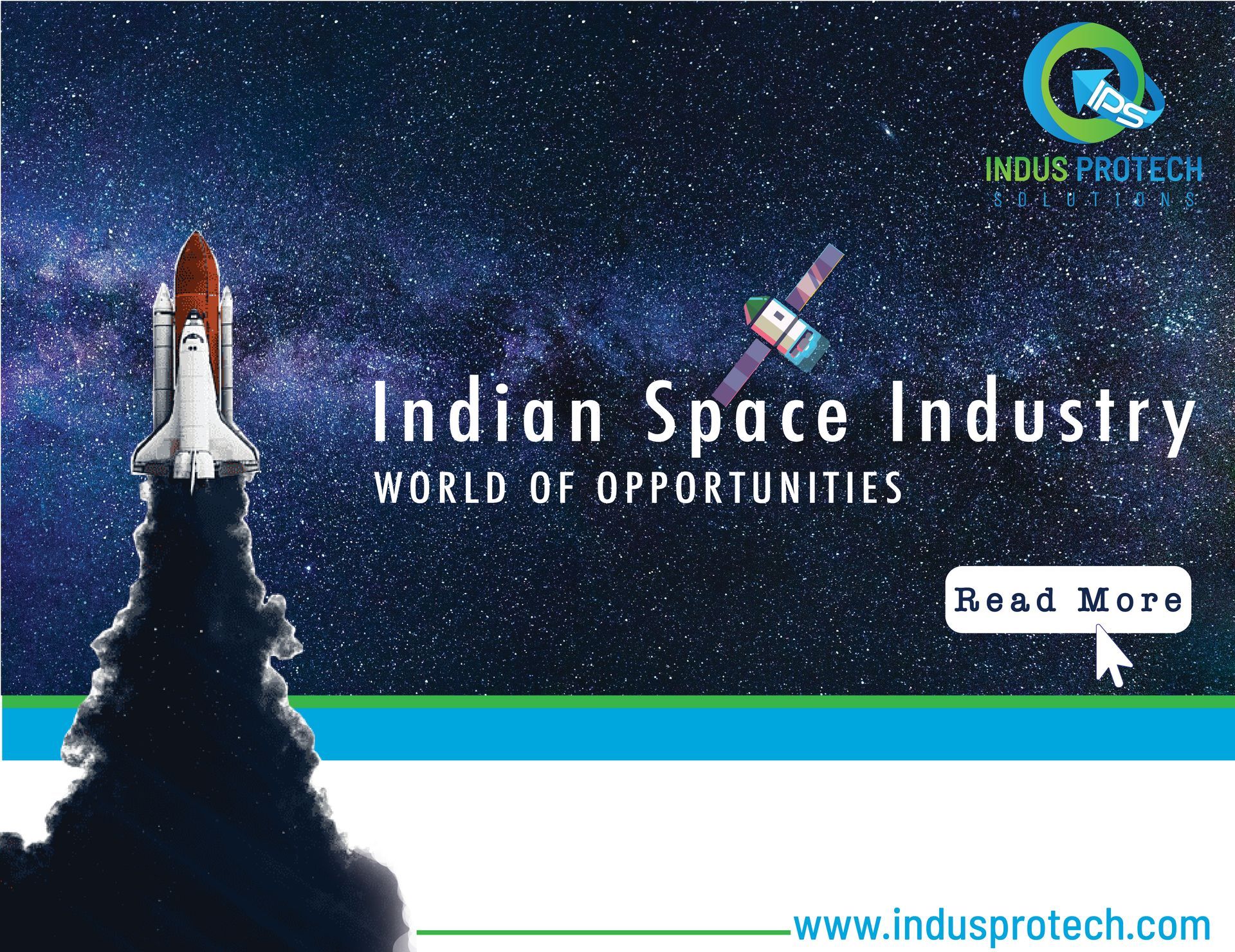What is Blockchain Technology?
Blockchain technology is a decentralized and distributed digital ledger that records transactions in a secure and transparent manner. It allows for the creation of a tamper-proof and immutable record of transactions that cannot be altered by any party. The technology uses cryptographic algorithms to ensure the security of the information stored on the blockchain.
Blockchain technology tools that can be used in supply chain management include smart contracts, distributed ledger technology (DLT), supply chain visibility platforms, provenance tracking, and asset tracking. These tools can improve transparency, traceability, and efficiency in the supply chain.




